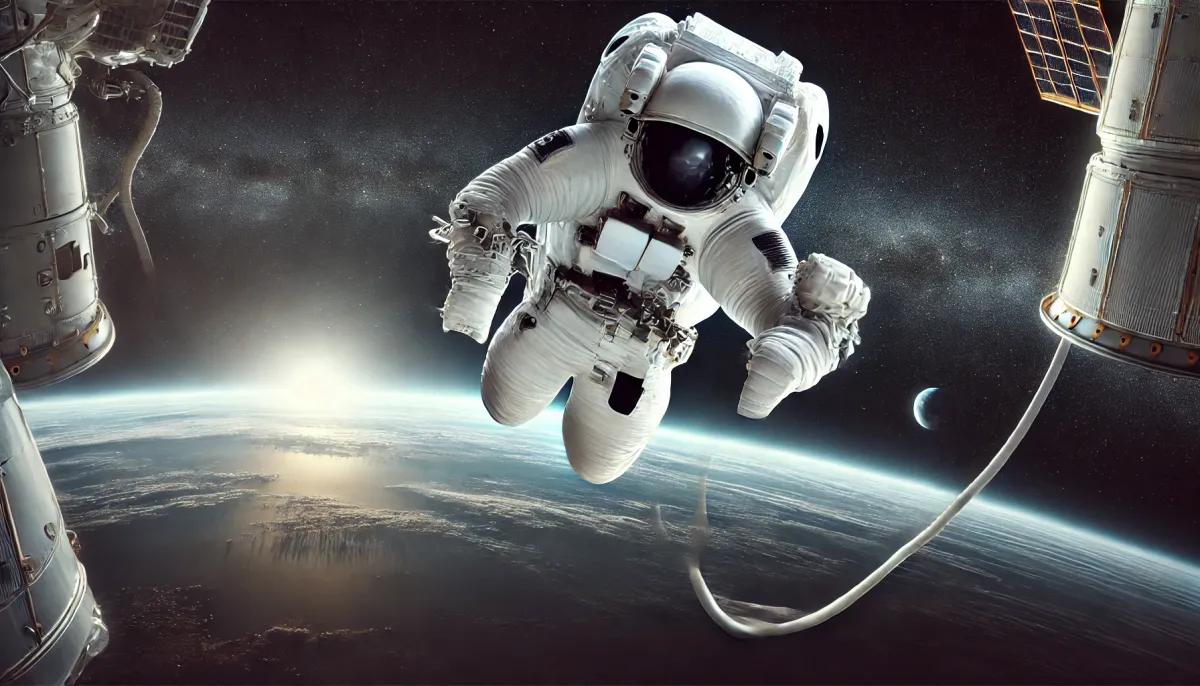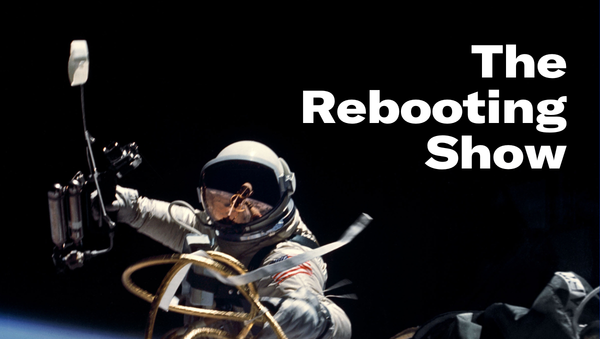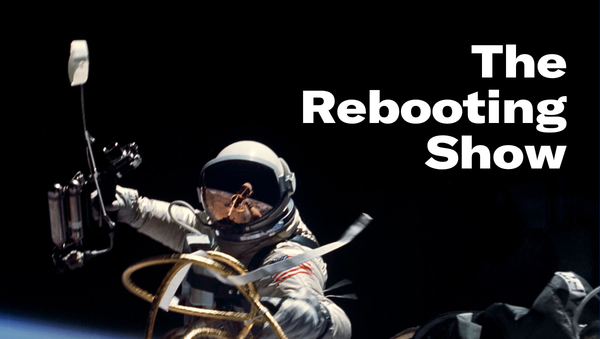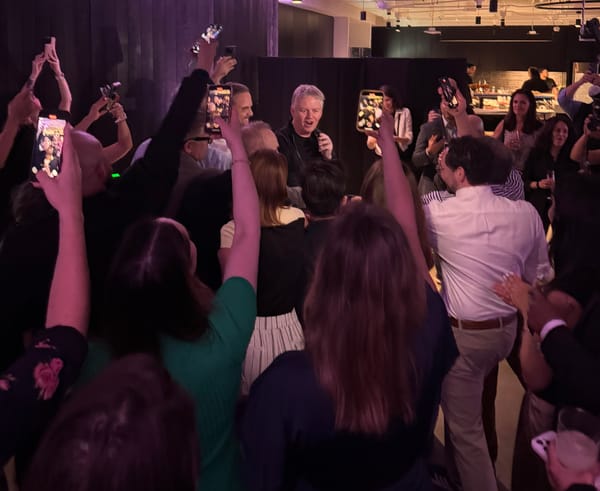News in the information space
Why packaged media is losing ground to individuals.

Donald Trump, Joe Biden and Kamala Harris do not agree on much. One thing they do agree on is that the information space has swallowed the news media. On Monday, Trump was engaged in an audio conversation with Elon Musk on an X Space, drawing over 1 million concurrent listeners and far greater reach as the packaged news media dutifully amplified it. Yesterday, Biden hosted 100 influencers/creators to the White House, declaring them “the future.” Meanwhile, Kamala Harris has not given a single interview to the news media or held a press conference, choosing instead to ride an unprecedented wave of enthusiasm that’s been turbocharged by memes.
One of the defining features of the information space is how packaged news media competes with anyone or anything with an audience. Centralized mass media has fragmented, dissipating the power of packaged news in favor of new forms of what I call conversational media. This is most acute in political news but is not confined to it. Whether in business, tech or lifestyle, packaged media is losing ground to individuals.




